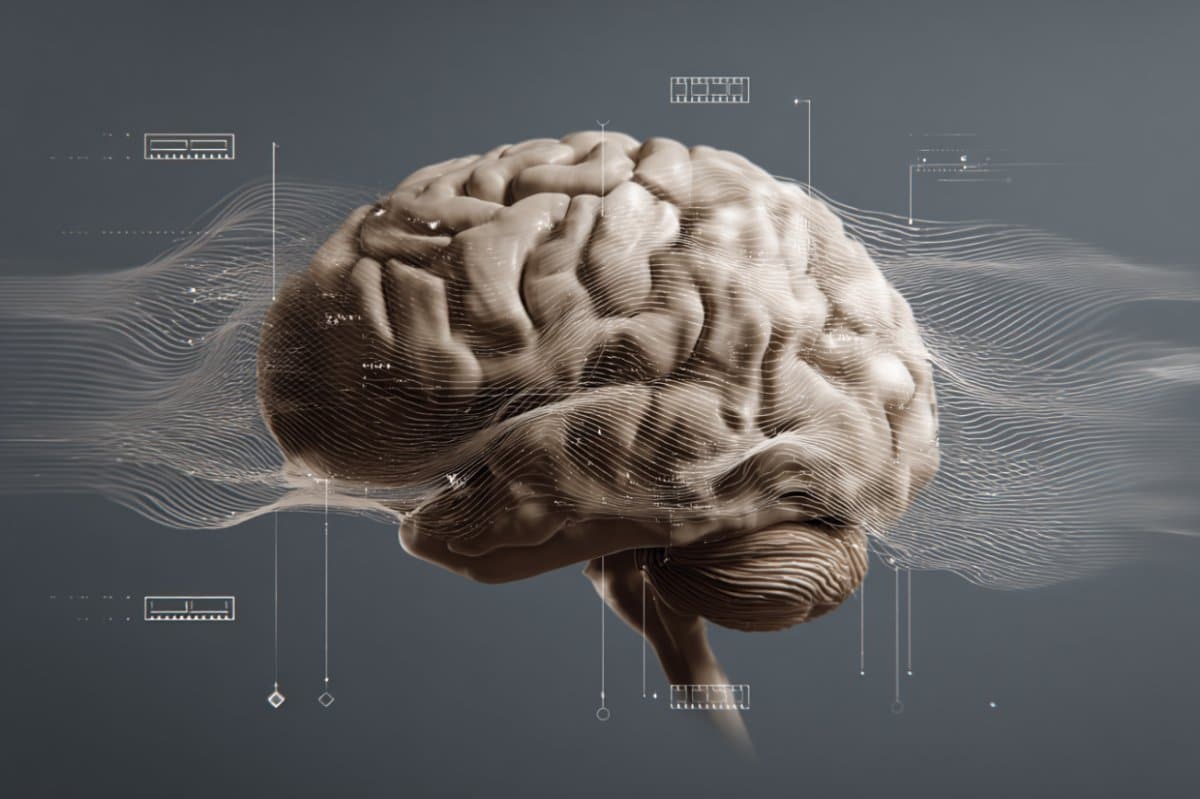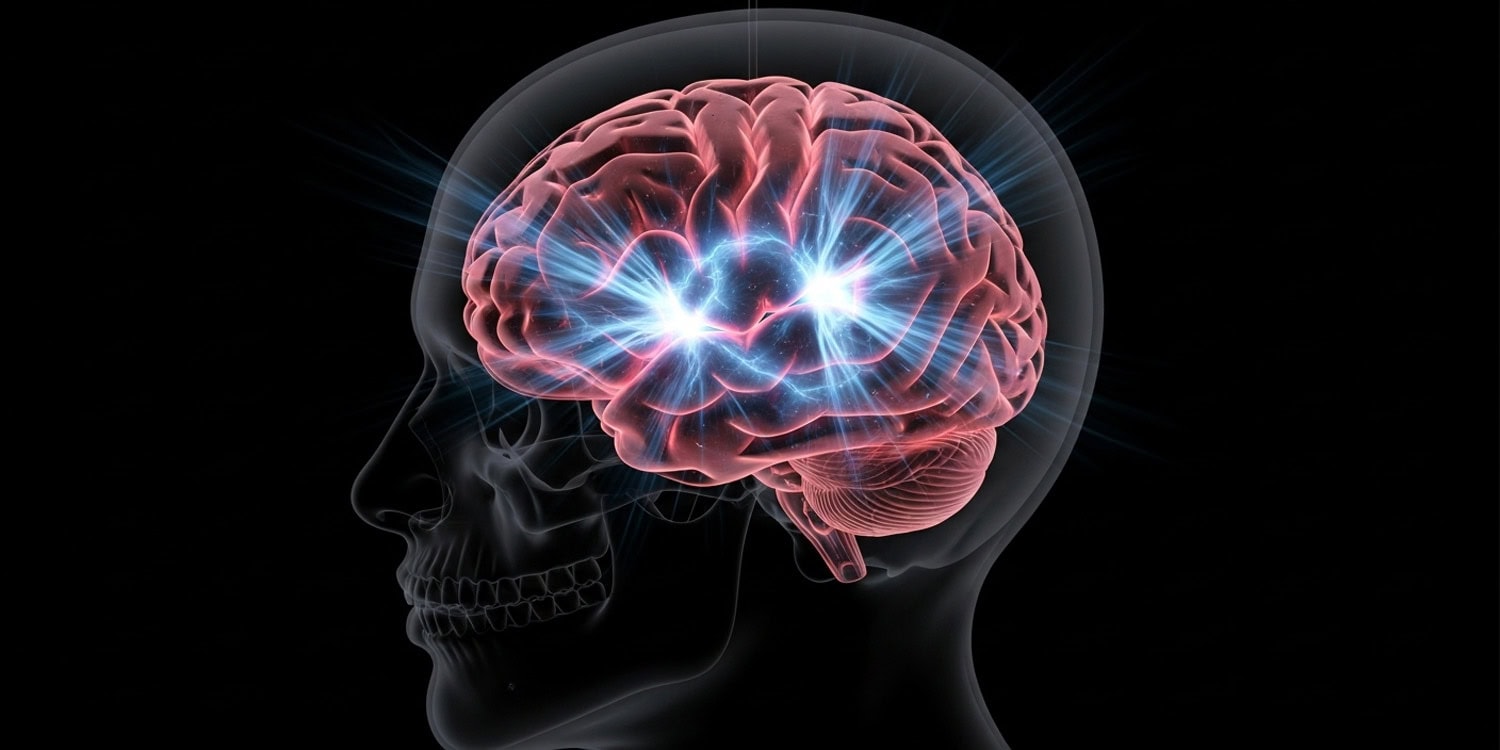T4K3.news
Mind blanking study reveals brain activity changes
New research shows mind blanking acts as a reset for the brain, similar to deep sleep.

New research uncovers the phenomenon of mind blanking and its implications for our understanding of consciousness.
Mind blanking reveals surprising brain patterns
Neuroscientists have identified "mind blanking" as a unique state where conscious thought halts entirely. This phenomenon was studied using electroencephalography and functional MRI in a recent investigation published in Trends in Cognitive Sciences. Researchers discovered that during mind blanking, participants experienced noticeable changes in brain activity. When prompted, individuals often realized they were not thinking about anything specific. The study suggests that mind blanking may serve as a mini-reset for the brain, similar to functions observed in deep sleep, offering insight into the complex nature of consciousness.
Key Takeaways
"For some, it's kind of a blip in the mind, and suddenly there's nothing."
Thomas Andrillon describes the experience of mind blanking as a mental lapse.
"What we think happens in the case of mind blanking is that the brain is pushed a little bit toward the side of synchronization."
Thomas Andrillon explains the brain's state during mind blanking.
The recognition of mind blanking as a distinct cognitive state highlights a gap in our understanding of mental processes. Unlike mind wandering, where thoughts drift, mind blanking indicates a complete cessation of active thought. This suggests a protective mechanism for the brain, potentially allowing it to reset after prolonged periods of cognitive exertion. The evidence presented in this study, indicating hyperconnectivity during mind blanking, raises intriguing questions about how our brains manage mental workloads. Understanding this phenomenon could inform strategies for enhancing focus and overall cognitive health.
Highlights
- Mind blanking could be your brain's way of hitting the reset button.
- We may not know we are blank until someone asks us what we were thinking.
- Mind blanking offers insights into how our brains manage stress.
- This phenomenon might help explain why we forget things.
Potential implications for mental health
Acknowledging mind blanking as a cognitive state may lead to better understanding of mental health issues and burnout.
Further research may reveal how mind blanking affects daily cognitive function.
Enjoyed this? Let your friends know!
Related News

Study reveals lifestyle changes can potentially prevent dementia

Study reveals lifestyle changes delay cognitive decline in older adults

New research highlights strength training for longevity

Exploring GLP-1 medications and their implications

Gabapentin linked to dementia risk

Caffeine reduces sleep quality in afternoon intake

New Study Reveals How the Brain Awakens from Sleep

Researchers uncover new mechanisms of memory structure
